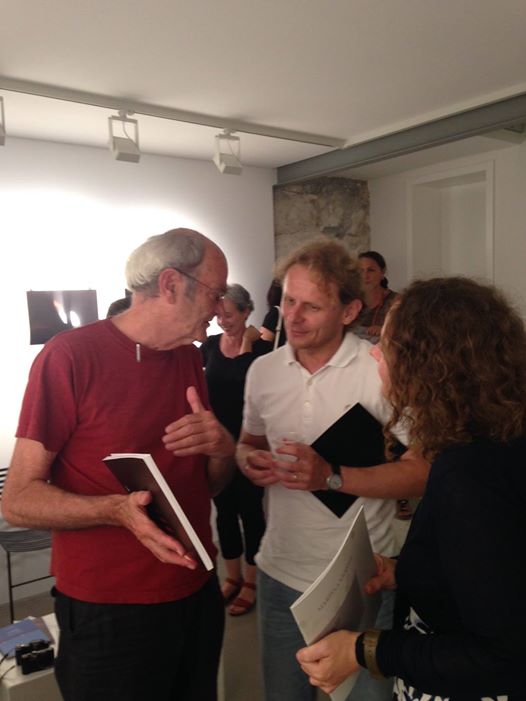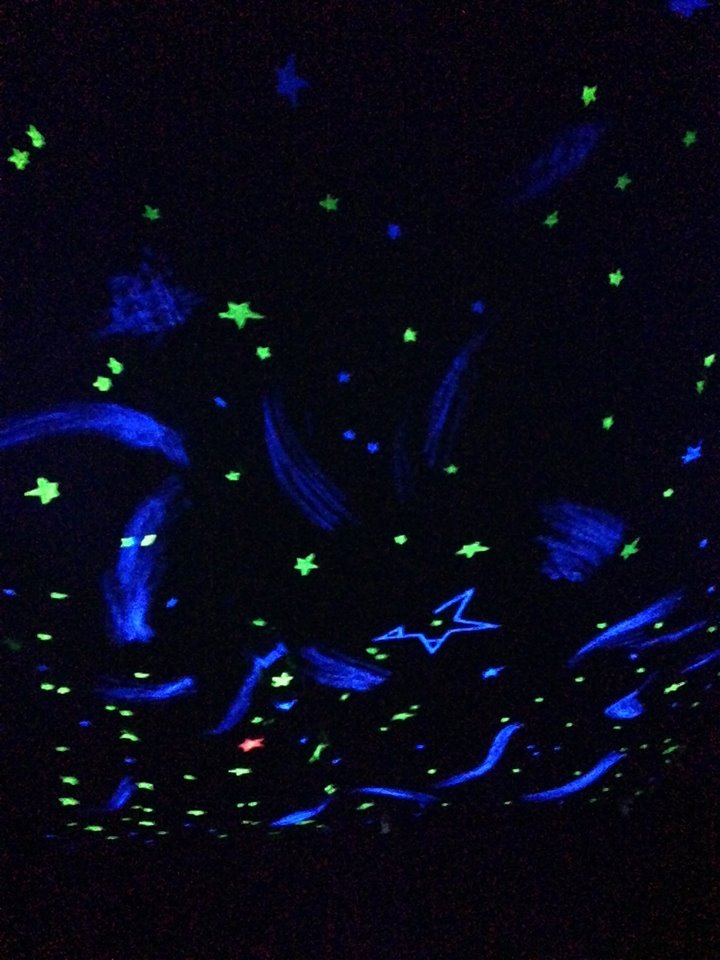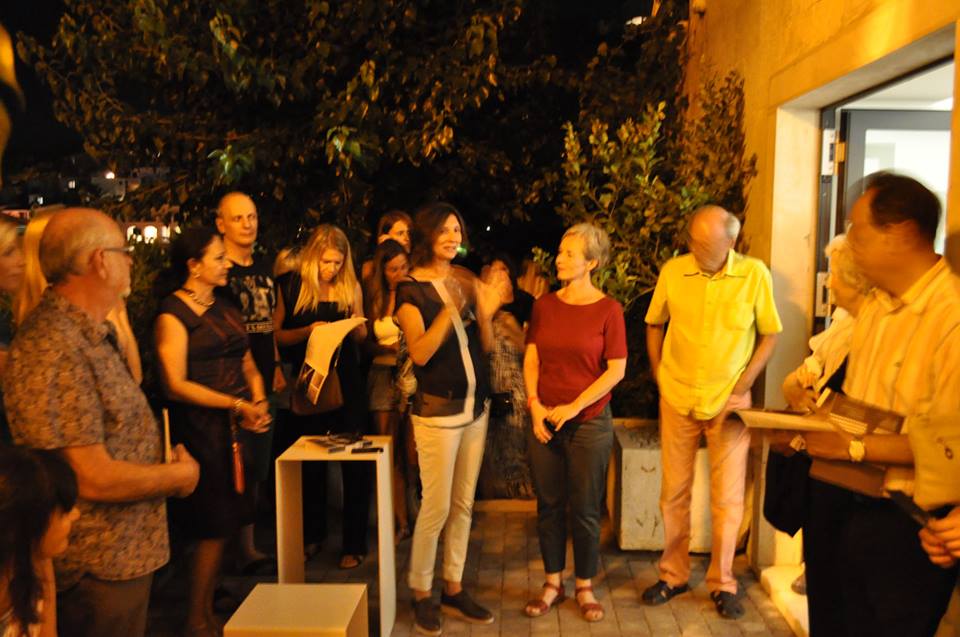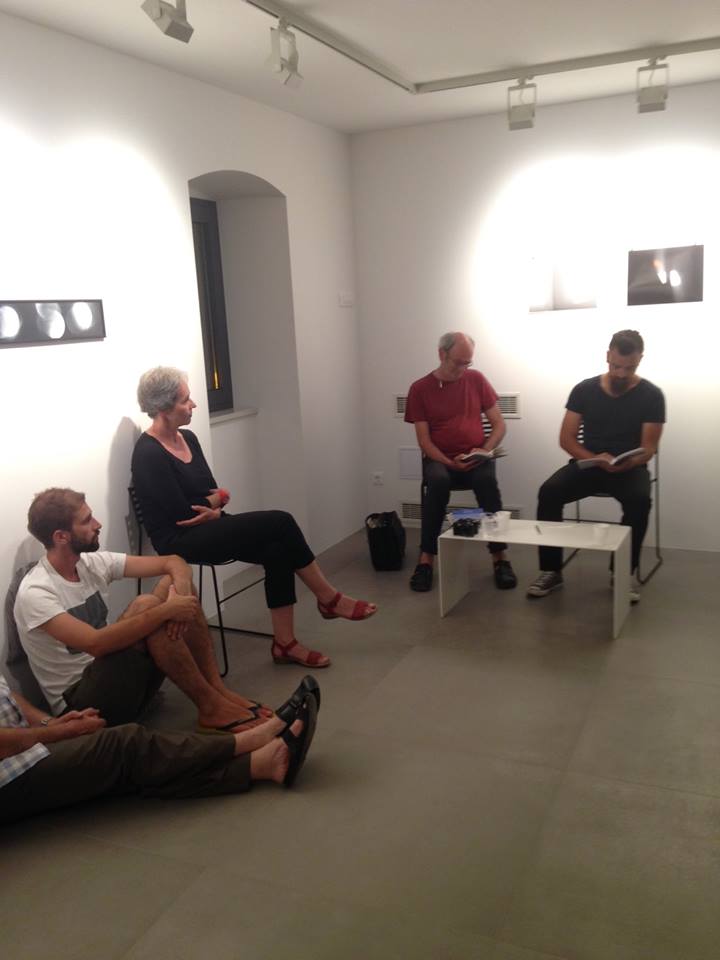This post is also available in: Croatian
MAP 2014 RESIDENCE / “SPACE OF IMAGINATION AND KNOWLEDGE”
‘Science meets arts’ workshop on BIODIVERSITY
Brela, Croatia, Aug 25-31
This workshop aims to integrate the artistic and scientific practice through a project where participants will experiment with different forms of creative expression. Using various artistic tools young scientists and artists will try to bring the topic of biodiversity closer to the public, but also to themselves, and to increase public awareness and public support for sustainable development policies. Working together for a week, exploring ways to connect science and art, they will present the results of their work to public in MAP where the workshop takes place. Seemingly opposite, these two disciplines both re-examine, look for the truth and aim to influence what is really important.
“Limits are only within us”
Science is undoubtedly one of the most creative profession that is an engine of changes in the society. Discussion will be focused on scientific challenges in 21st century and also on practical approaches how by education we train new generation of scientists who will be able to respond to these tasks. IN particular, how interdisciplinary education, creative thinking and the courage to focus n big questions will help young students to sort them in an original way. In addition, we will try to deeper discuss the effect of biodiversity in nature on human health by showing examples of influences between species and also indicate how individual changes within a person can affect the outcome of diagnosis and success in treatment of tumours and other chronic diseases.
Ivan Dikic grew up in Croatia, where he trained as a medical doctor. He obtained his PhD in molecular biology from the University of Zagreb and New York University Medical Center. He is currently a Professor at Goethe University Medical School and Founding Director of the Buchmann Institute for Molecular Life Sciences in Frankfurt, Germany.
His research focuses on the role of ubiquitin (Ub), a small protein that is covalently attached to thousands of cellular proteins. His pioneering work explained how Ub acts as a multivalent cellular signal that is recognized by an expanding number of Ub-binding proteins, which in turn translate this molecular signal into appropriate cellular phenotypes. His group demonstrate the importance of Ubiquitin in the regulation of DNA repair, inflammation, cancer, infection, receptor endocytosis, and proteasomal degradation. Most recently, he described mechanisms by which linear ubiquitination can regulate the NF-kB pathway making a decision between cell survival and death pathways and how selective autophagy pathways remove specific cargoes to the lysosome for degradation. These pathways are novel targets for anti-cancer therapies.
His recent recognitions and awards include the Leibniz Award (2013) and Ernst Jung Award in Medicine 2013 as well election in the German Academy Leopoldina (2010).
Photo: Tz Brela, MAP
This post is also available in: Croatian





